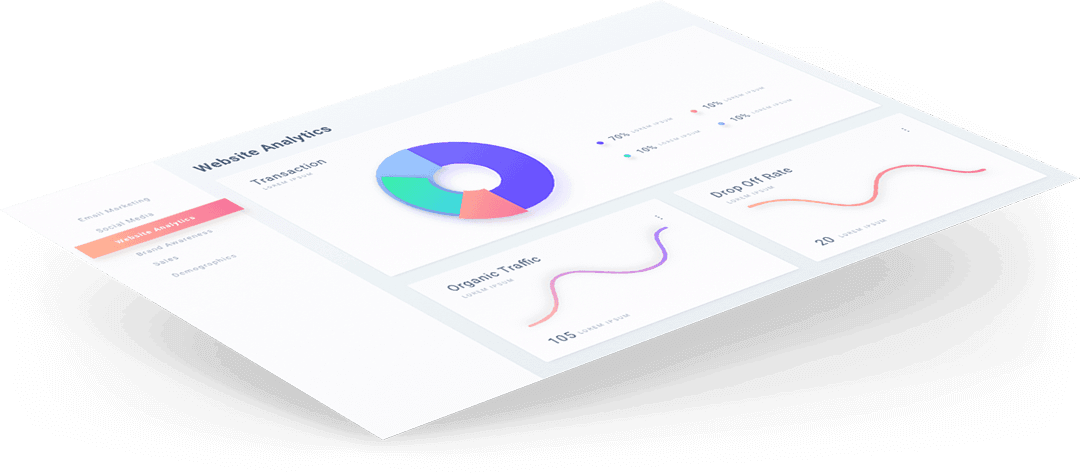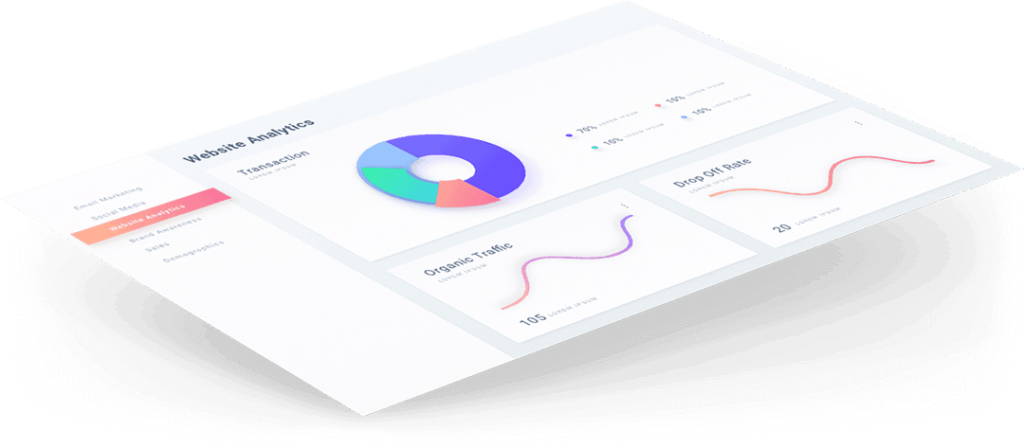When it comes to managing the most cost-effective and efficient fleet possible, there’s a lot to consider. Maintenance and repairs might take up a significant portion of the budget but the biggest concern of all is that all-important MPG.
Fuel usage is consistently one of the highest running fleet costs, but it’s not just affected by the choice of route and how well the engine is maintained.
Fuel costs and other ongoing fleet costs are both greatly affected by driver behaviour. Here, we’re going to look at the habits that could be costing you money and how exactly they affect your fleet costs.
What’s more, we’re going to look at how Linxio GPS tracking system can help you identify and fix the issue, making fleet management a lot more cost-effective.
.
The habits you need to look out for and how they affect fleet costs
As mentioned, a range of habits can affect your drivers’ fuel usage, raising your fleet costs unnecessarily. Here, we’re going to look at what some of the worst offending habits are, how they affect fuel consumption and other fleet costs, and what you can do about it.
Harsh acceleration and speeding
The hasty driver waiting to get on the move might believe that the shorter the trip, the less costly it is. So, it’s tempting for them to put the pedal to the metal and speed off at every green light they see. However, the truth is that an engine has to burn a lot more fuel to raise the acceleration to reach those higher speeds in such a short amount of time.
Gradual acceleration is the most cost-effective way to manage your speed. For the car, a speed of 55 mph is when the average vehicle is at its most energy efficient. Of course, your mileage may vary depending on the vehicle, so it’s wise to do some research and find out which speed is most cost-effective for your fleet.
Harsh braking
Just as bad as hitting your foot on the gas pedal is being just as firm and sudden with the brake pedal. By judging the car’s momentum correctly and braking more gently when approaching stop signs and red lights, you could end up saving some fuel. It’s not as costly to brake harshly as it is to accelerate suddenly, but every little helps.
What’s more, hard braking is bad for your brake pads and your tires. The more wear and tear they suffer when on the road, the more likely they are to need a premature replacement, so by teaching drivers to be a little gentler with the brake pedal, you can end up saving considerably when it comes to repairs and replacements.
Your RPMs
RPMs and fuel consumption have a direct relationship. To put it simply, there’s a sweet spot when the engine is at its most efficient, burning only the fuel that it needs to keep going. If you’re outside of that sweet spot, at RPMs that are too high or too low, you get more fuel usage on average.
For the average car’s engine, you want to aim for a level around 2500-3500 RPM. However, this sweet spot may change depending on the vehicle that you’re driving so, again, doing a little research for motorbikes, trucks, vans and the like can help you figure out which RPM your drivers should be attempting to average.
“Collisions and accidents aren’t just an unfortunate occurrence for all the drivers and pedestrians involved”
Steering
Every driver has to do it, but the more you steer, the worse it can be for your tires. Essentially, steering causes friction, which wears down at the tires over time. Naturally, you can’t stop yourself from steering when taking a corner, but you can make sure you cut down unnecessary steering as much as possible.
One of the worst offences is turning the steering wheel when the vehicle is stationary. Because the tires aren’t spinning, they’re turning solely by the force of the wheel, meaning more friction. This added wear and tear means you’re more likely to have to replace them sooner than you would otherwise.
Idling
Professional fleet drivers have to stop a lot more regularly than the average motorist. When on a delivery, for instance, many let the engine idle while they hand off the package and receive a signature. However, the truth is that idling consumes oil and keeps the engine running when it might not need to.
If an engine is going to be idling for longer than ten seconds, it’s wiser to simply turn it off as that’s when most cars use more fuel than they would if you simply restarted the engine. What’s more, it adds to that unnecessary wear and tear that could lead to engine repairs sooner than they need to be made.
The costly risks of accidents on the road
Many of the issues above also relate directly to your safety on the road. Maintaining a consistent speed and accelerating and braking more gently make for a safer driver in general. The risks of speeding are already greatly known, but simply by accelerating or braking unexpectedly, you make it harder for other drivers for reliably react to you on the road, increasing the risk of a collision.
The wear and tear of the bad habits mentioned above also play a direct role in the driver’s safety on the road. Brake pads that aren’t as effective mean you might not be able to come to a stop as suddenly as you need to avoid a dangerous situation. Worn tires similarly affect your braking speed, especially on wet roads, to the point that one-in-ten collisions on the road are caused by bald tires. Furthermore, tires are more likely to blow out due to a puncture as they heat up more quickly, making the rubber much easier to pierce, which can also result in some highly risky situations.
Collisions and accidents aren’t just an unfortunate occurrence for all the drivers and pedestrians involved. They are also a major cost that needs to be addressed in fleet management. Paying the insurance, for repairs or replacement vehicles, potentially losing business due to having fewer available drivers and vehicles, and the medical and legal costs incurred are not to be ignored. Anything you can do to decrease the risk of a collision protects your business on top of your drivers.
How Linxio’s GPS tracking solutions can help you turn the situation around
You know some of the most costly and dangerous habits on the road so you’re already ready to help educate your fleet drivers so that they can help you save money. But beyond teaching them, is there anything you can do to make sure that the lesson actually sticks? That’s where Linxio’s GPS fleet tracking system comes into play.
Our GPS trackers won’t just tell you where a driver is at any given point, helping you find the most cost-effective routes and track their performance over time. It also uses driver metrics to measure and deliver reports on many of the habits mentioned above, showing you how exactly those driving behaviours might be affecting your costs over time.
Linxio determines harsh acceleration, braking, cornering, as well as high RPM and speeding. Rather than having to do the calculations yourself, it also provides an easy-to-read grade score for each driver, where A is the best result you can get.
Furthermore, all drivers are put on a leaderboard so you can see who is the best of the best and who could use a reminder of the habits they should keep an eye out for. By looking into an individual driver’s record, you can see which particular habit they are most susceptible to, allowing you to address the issue directly with them.
Using Linxio’s GPS trackers, you can pinpoint and remedy the bad habits that are not only swelling your fuel costs but are also forcing you to pay for premature repairs and replacements and may even be putting your drivers at greater risk on the road. The savings you can make by implementing the system today are not to be underestimated.
Take a closer look with Linxio
Our GPS tracking solutions come with a complete driver behaviour management system. Beyond helping you cut down the costs of your fleet, they’re essential for ensuring safe driving practices on the road and ensuring that your vehicles represent the brand as best as possible on the road. They also come with Duress (SOS) Alarms to ensure prompt responses to emergencies. You can also incorporate custom functions like seat belt sensor reports so you decide which metrics you use to measure your own drivers.
If you want to get serious about fleet management and benefit from not just the savings but also the more efficient service that your customers and clients will love, then you need GPS trackers. Take a look at Linxio’s solutions, whether you’ve got a big roster of drivers or a business of two vehicles and see how we can help you take your fleet to the next level.





